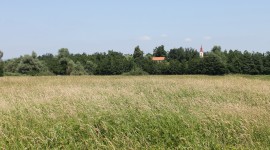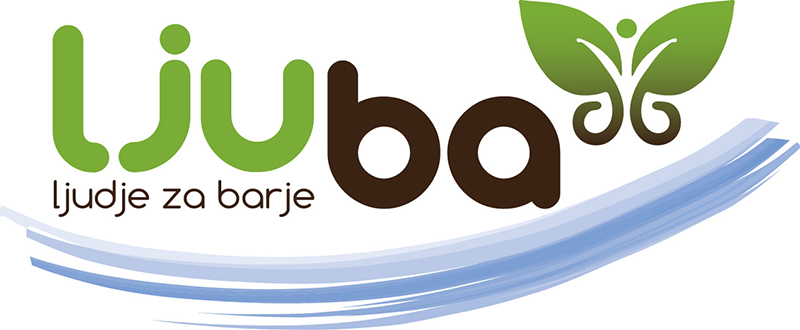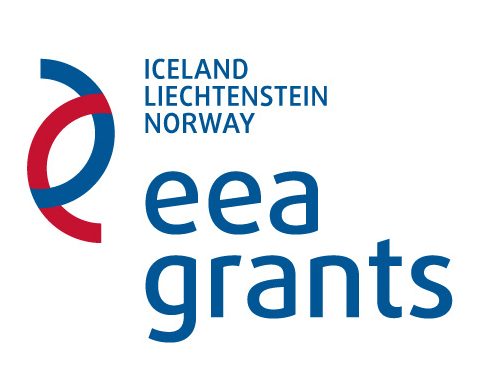
Integrated management plans for farms of the Ljubljana Marsh
The concept of integrated management plans for individual farms has been developed as a tool for planning and management of agricultural land in nature-protected areas. The final result is an upgraded farm business plan, which is c for a farm-production and conservation objectives for harmonious development.
Three model farms were selected, depending on their size, location and type of agricultural production. We have worked with a 45 hectares big farm, which raises cattle for livestock (35 LUs), approximately 31 hectares big farm, which is engaged in breeding dairy cattle (22 LUs), and approximately 23 hectares big farm, which raises beef cattle (26 LUs). Throughout our field visits and individual meetings with farmers we discovered their farm’s nature conservation importance and the management practices and challenges they are facing regarding their present and future development. We made a business plan for each farm that is tailored to the current situation, planning and expectations of the institution and coordinated with environmental policies of the area.
The results have shown that at the Ljubljana Marsh economically most successful and most nature-friendly farm type is organic farming of cattle for livestock. Dairy production has proved to be ineffective, both economically and in terms of its impact on the degree of conservation of nature. Farm with medium intensive beef cattle raising operates with hardly positive yearly financial result. The effect on nature is similar to the farm, which is engaged in breeding dairy cattle.
It should be noted that the results were obtained for three concrete farms and they cannot be generalized for all farms at the Ljubljana Marsh. They indicate a general trend of economic performance of different farm types, also regarding their impact on the degree of conservation of nature.


